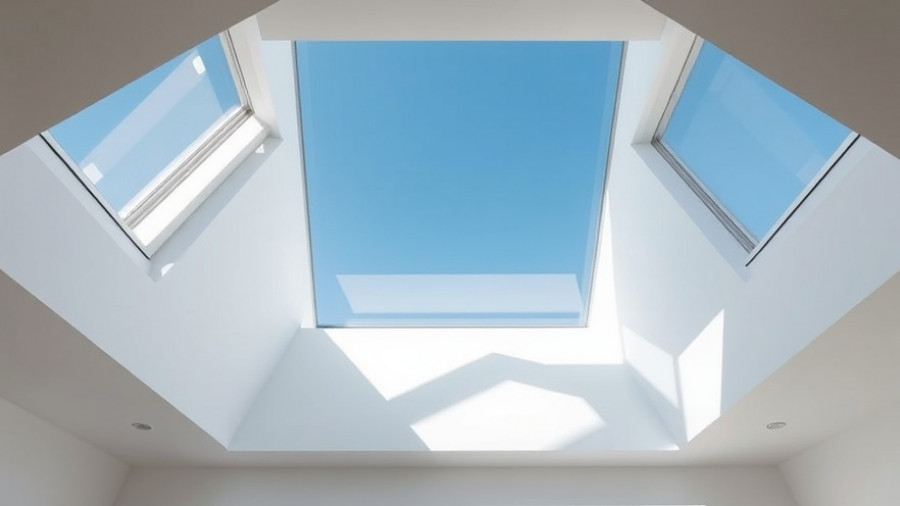
Understanding Leasehold Flats: The Foundation of Responsibility
In the vibrant city of London, living in a leasehold flat is a popular choice among young homeowners, offering access to urban conveniences and community lifestyle. However, the intricacies of leasehold agreements can be baffling, particularly when it comes to maintenance and repairs. Essentially, a leasehold flat means you own the right to occupy the flat for a fixed duration, typically 99 to 125 years, while the freeholder retains ownership of the building. The lease outlines specific responsibilities for both parties, which can leave leaseholders confused about who manages crucial repairs, particularly for common areas like roofs.
Who Takes Care of the Roof?
For many leaseholders, roofs fall under the category of 'common parts' of the building. Your lease will typically specify whether you are responsible for roof repairs or if it's the duty of the freeholder. Usually, if the lease indicates that roof maintenance is a common expense, all leaseholders must share the costs. However, without such a clause in the lease, responsibility might fall solely on the freeholder. Therefore, it’s essential to carefully review your lease before jumping to conclusions about who is liable for roof repairs.
Rights and Responsibilities: A Closer Look
Leaseholders are generally responsible for internal repairs within their unit, like plumbing, decoration, and maintenance of appliances. On the other hand, freeholders oversee structural repairs, including those of the roof, external walls, and common areas, which can include lifts and stairways. It’s crucial for young homeowners to understand these delineations to navigate their responsibilities effectively. If substantial work is required on the roof, leaseholders should expect to be consulted under the Landlord and Tenant Act of 1985, allowing them visibility into the nature of the repairs and their projected costs.
Reporting Roof Issues: A Step-by-Step Guide
If a roof issue arises, taking prompt action is essential. Begin by notifying the freeholder as soon as you observe any damages. Your communication should clearly describe the problem, pinpoint its location, and emphasize the urgency of the situation. Documenting this correspondence by dating your letter and keeping a copy can serve as a valuable reference if disputes arise later. If the freeholder acknowledges the need for repairs, they must adhere to legal requirements, including consultation if the anticipated cost exceeds a certain threshold.
Benefits of Awareness in Property Care
For young homeowners, understanding the nuances of leasehold properties can lead to greater peace of mind. Awareness about responsibilities not only prepares you for potential costs but also equips you with the knowledge to advocate for yourself in discussions with the freeholder. With the rise of smart home technologies, there are now innovative solutions available that can help monitor roof conditions, alerting you to potential problems before they escalate into costly repairs.
Community Impact: The Importance of Collective Responsibility
Living in a leasehold flat symbolizes a shared lifestyle where maintenance responsibilities are often collective. By recognizing the community aspect of these properties, leaseholders can foster stronger relationships with their neighbors. Collaborating on decisions regarding repairs and maintenance can enhance not just the building’s appeal but also the overall living experience.
Final Thoughts: Preparing for the Future
In sum, living in leasehold flats can be fulfilling but comes with a unique set of responsibilities, especially concerning maintenance like roof repairs. By understanding the terms of your lease and being proactive in reporting issues, you can ensure your living space remains safe and intact. As more homeowners lean towards sustainable living and smart technologies, the importance of transparency and proactive communication will only continue to grow. Every leaseholder contributes to the overall health of their community, so being well-informed is not just beneficial—it’s essential.
Call to Action: Explore the importance of your lease agreement today! Understanding your rights and responsibilities as a leaseholder can lead to a more harmonious living experience and proactive property care.
 Add Row
Add Row  Add
Add 




Write A Comment